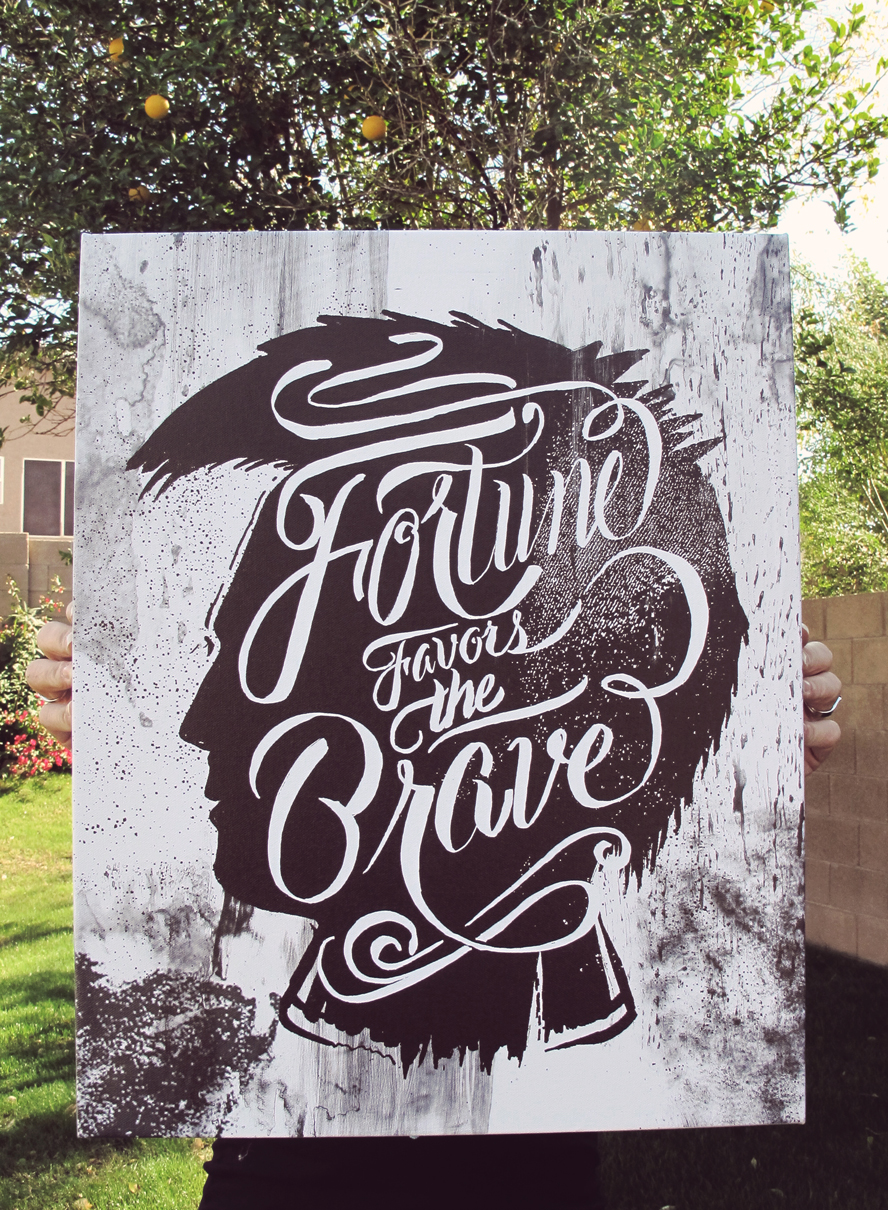


Fortuna’s fickleness is her greatest trait no sooner are you at the top of her wheel than it turns, and you end up at the bottom. The phrase is often associated with Virgil's epic poem, the Aeneid, appearing in book 10 line 284, in the slightly different form "audentis fortuna iuvat." Fortune was frequently personified in Renaissance art and literature as Fortuna, a female figure who held a turning wheel to symbolize her constant state of change. It was first written by Terence, who lived in the second century BC, in his play "Phormio," but it has been quoted many times since. Fortune favors the bold, Fortune favours the brave, Fortune helps the brave, and Fortune favours the strong are common translations of the famous and often-quoted ancient Latin proverb "Fortes fortuna adiuvat." The phrase means that Fortuna, the Goddess of luck, is more likely to help those that take risks, take action, and develop their skills proactively.


 0 kommentar(er)
0 kommentar(er)
